Publications
Articles, publications, books, tools and multimedia features from the U.S. Institute of Peace provide the latest news, analysis, research findings, practitioner guides and reports, all related to the conflict zones and issues that are at the center of the Institute’s work to prevent and reduce violent conflict.
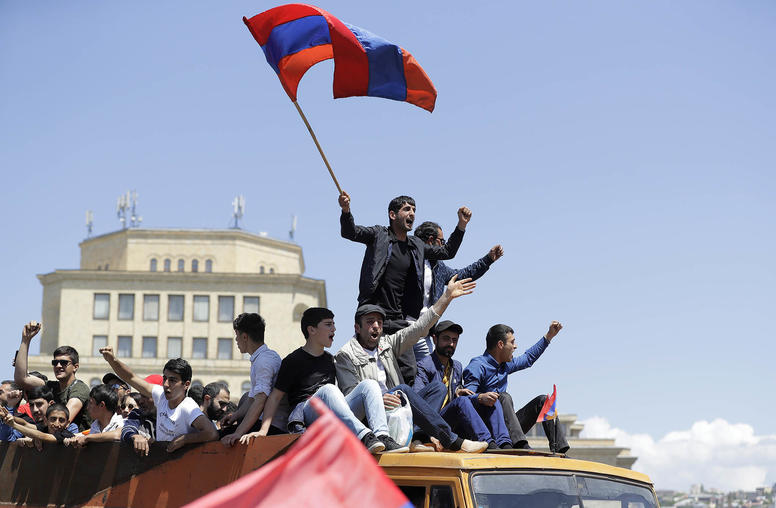
Overcoming the Challenges of Transitional Mobilization
Nonviolent action can be a powerful way to bring about peaceful transitions from autocratic rule to democracy. But even when initially successful, movement leaders often face significant challenges, from frustrations that grievances are not addressed quickly enough to counterrevolutions aimed at restoring the authoritarian status quo. This report examines two recent transitions—the 2011 Jasmine Revolution in Tunisia and Armenia’s 2018 Velvet Revolution—and presents recommendations for improving the likelihood that change initiated through nonviolent action leads to robust and lasting democracy.
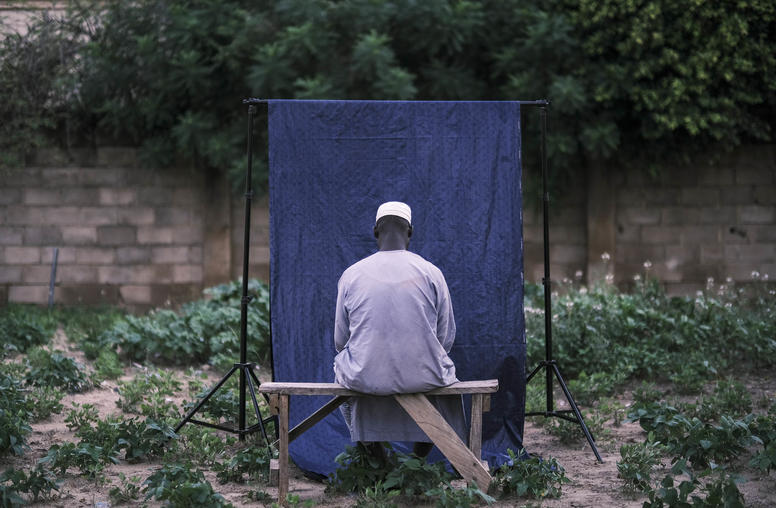
Disengaging and Reintegrating Violent Extremists in Conflict Zones
Dealing with people who leave violent extremist groups has become one of the most pressing security issues of our time. Drawing on new primary research conducted by the author in Iraq, Syria, and Nigeria, and existing research on disengagement and reintegration, this report underscores the challenges of administering rehabilitation programs in conditions of chronic insecurity—and of doing so at a scale sufficient to make a difference to hundreds or even thousands of people in short order.
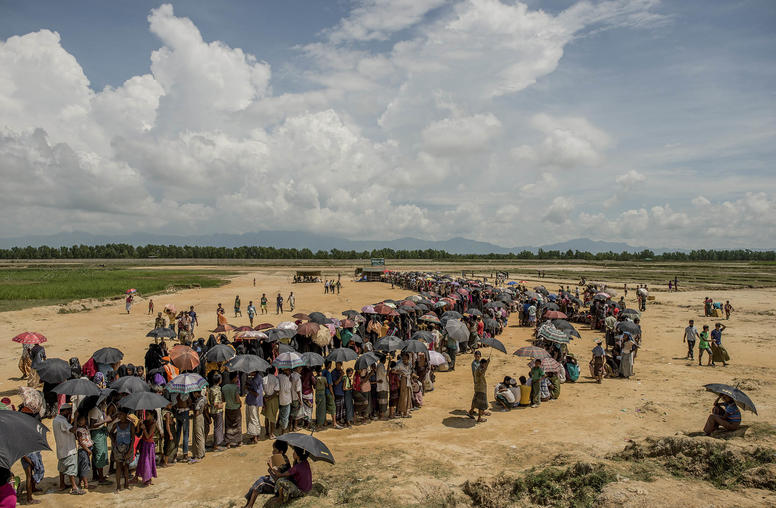
Conflict Dynamics between Bangladeshi Host Communities and Rohingya Refugees
In August 2017, several hundred thousand Rohingya fled violence and persecution in Myanmar, seeking refuge in Cox’s Bazar in neighboring Bangladesh. In the years since, the Bangladeshi government has provided a safe haven for the refugees. Yet there are signs of increasing discontent in the Bangladeshi host community over insecurity, economic costs, and other negative effects of the refugee camps. As this report explains, addressing this potentially combustible situation will be vital to ensuring a sustainable humanitarian effort in Cox’s Bazar.
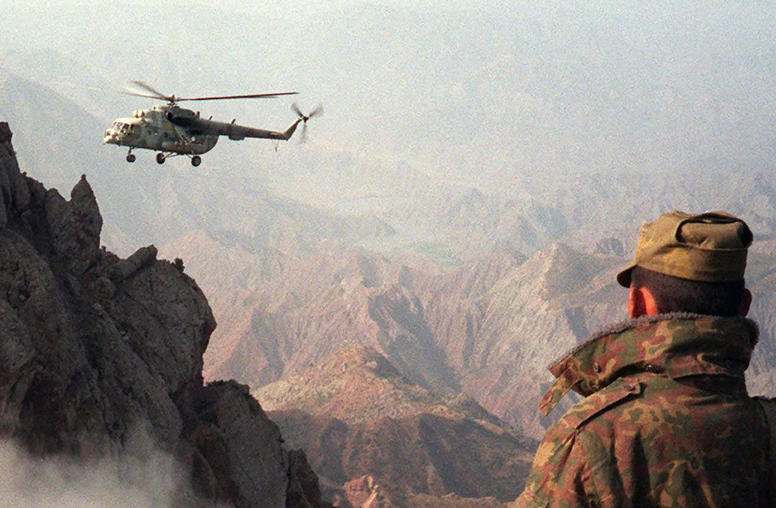
Tajikistan’s Peace Process: The Role of Track 2 Diplomacy and Lessons for Afghanistan
The peace process that ended the Tajik civil war in the late 1990s successfully combined both official and civic channels of communication and negotiation from its start. This report argues that although the agreement and its implementation were far from perfect, the Tajik experience contains valuable lessons on power-sharing arrangements, reconciliation, reintegration, and demobilization for the architects of future peace processes, and provides important insights into the shortcomings of the 2018–21 peace process in neighboring Afghanistan.
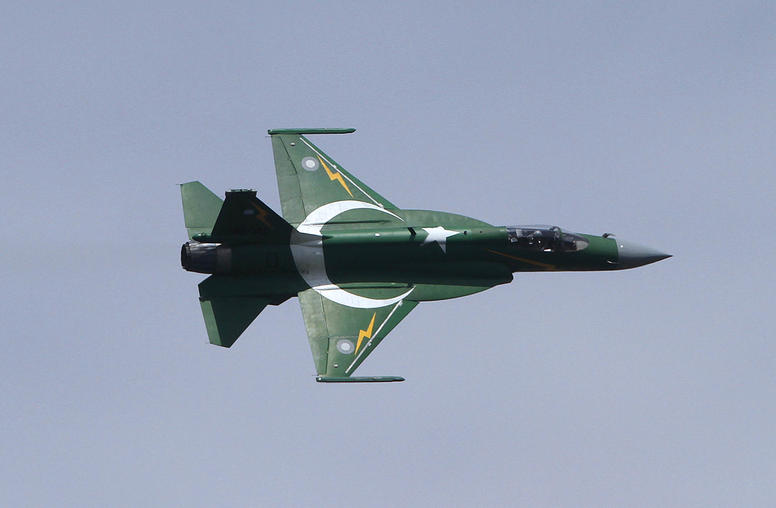
A Threshold Alliance: The China-Pakistan Military Relationship
Geopolitical shifts in South Asia over the past decade, driven by sharper US-China competition, a precipitous decline in China-India relations, and the 2021 withdrawal of US forces from Afghanistan, have pushed the Chinese and Pakistani militaries closer together. The countries’ armies and navies are increasingly sharing equipment, engaging in more sophisticated joint exercises, and interacting more closely through staff and officer exchanges. Yet, as this report concludes, a full China-Pakistan alliance is not inevitable, as Chinese missteps and other sources of friction could slow its consummation.
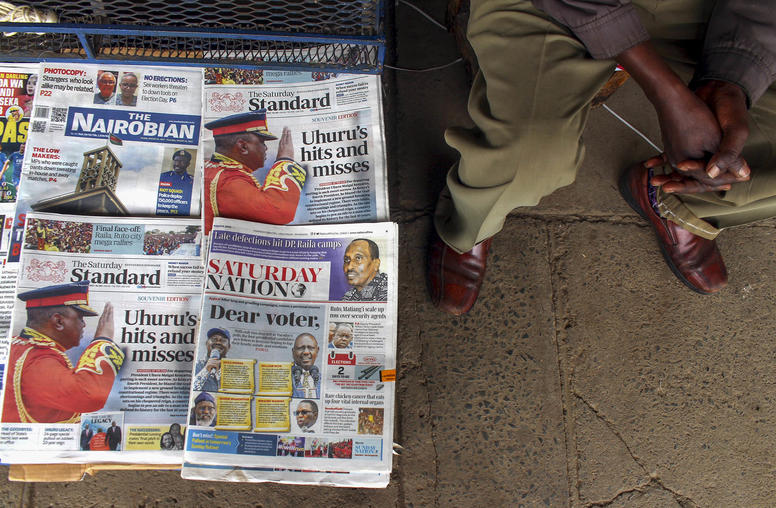
China’s Media Propaganda in Africa: A Strategic Assessment
Over the last decade, partnerships with developing countries have become central to China’s geostrategic objectives. In Africa specifically, China has made significant investments to secure favorable media coverage to promote a positive view of China, to counter the influence of the United States, and to assert and normalize China’s territorial claims over Taiwan, the South China Sea, and other contested areas. This report examines China’s investments in Africa’s media sector, assesses their effect, and makes recommendations for how the United States can respond to China’s influence campaigns.

Elite Capture and Corruption of Security Sectors
The objective of US security sector assistance is to help build effective, accountable, responsive, transparent, and legitimate security sectors in partner nations to address common security risks. Such action ultimately benefits US national interests, as when the United States modernized West Germany’s military during the Cold War; when US security sector support to South Korea helped the United States deter regional threats; and when, in Ukraine, US security sector assistance contributed to success in fending off Russian aggression in 2022. Similarly, the United States helped Georgia turn its traffic police into one of the most trusted institutions in the country, supported Albania as it updated the governance of its security forces, and assisted Colombia in making progress toward ending its long-standing armed conflict.
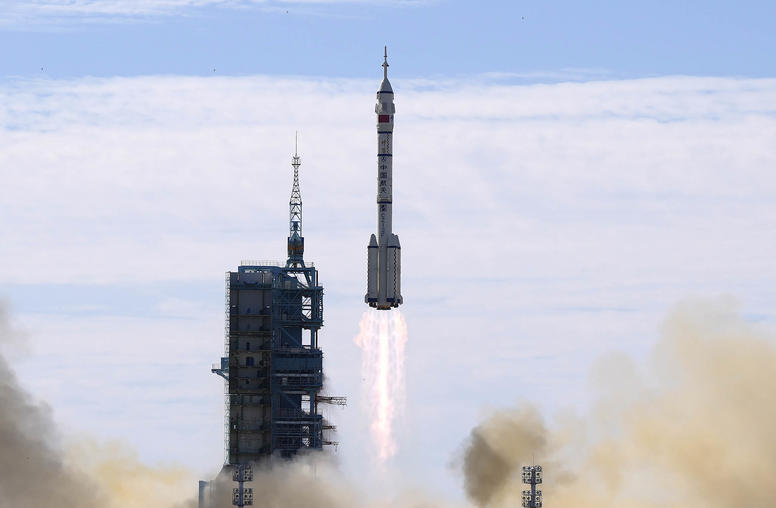
China and Strategic Instability in Space: Pathways to Peace in an Era of US-China Strategic Competition
Recent defense white papers published by the Chinese government refer to outer space as the “commanding heights” in international strategic competition, and the United States has explicitly identified space as a warfighting domain. While current strains in the US-China relationship have made managing potential conflict in space difficult, it is not impossible. This report identifies several areas in which the United States and China, as two of the world’s three most formidable space powers, urgently need to foster greater communication and cooperation.

Coastal West Africa Senior Study Group Final Report
The countries of Coastal West Africa are currently facing significant challenges to peace and security as extremist violence spills over from the neighboring Sahel region. Attacks in 2022 in the northern parts of Benin, Côte d’Ivoire, and Togo illustrate the immediacy and gravity of the threat, and governments across the subregion are grappling with protecting fragile communities in the north, addressing porous borders that facilitate attacks from neighboring states, and building the capacity of security forces to address the threat.
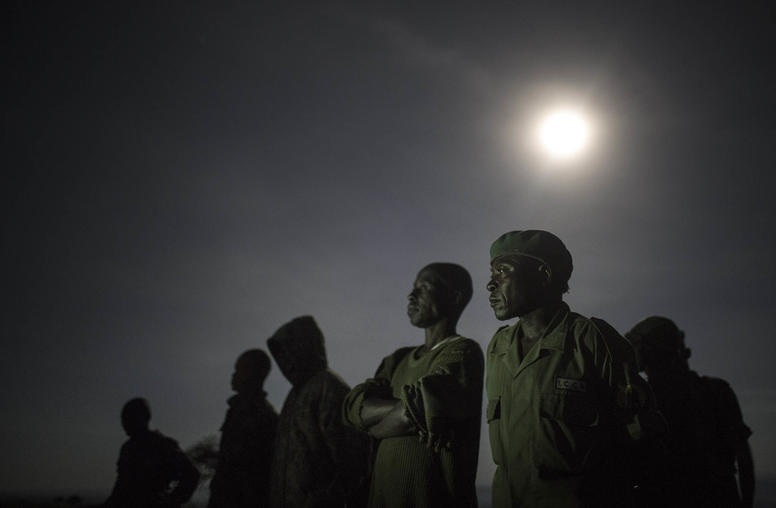
Armed Actors and Environmental Peacebuilding
The eastern provinces of the Democratic Republic of the Congo (DRC) have been the site of decades of conflict between the Congolese army and nonstate armed groups. The region’s conflict dynamics are profoundly affected by the combatants’ exploitation of and illegal trade in natural resources. Drawing lessons from eastern DRC, this report argues that the environmental peacebuilding field needs to do more to understand how armed actors shape resource governance and resource-related conflict, which in turn can lead to better-designed peacebuilding programs and interventions.